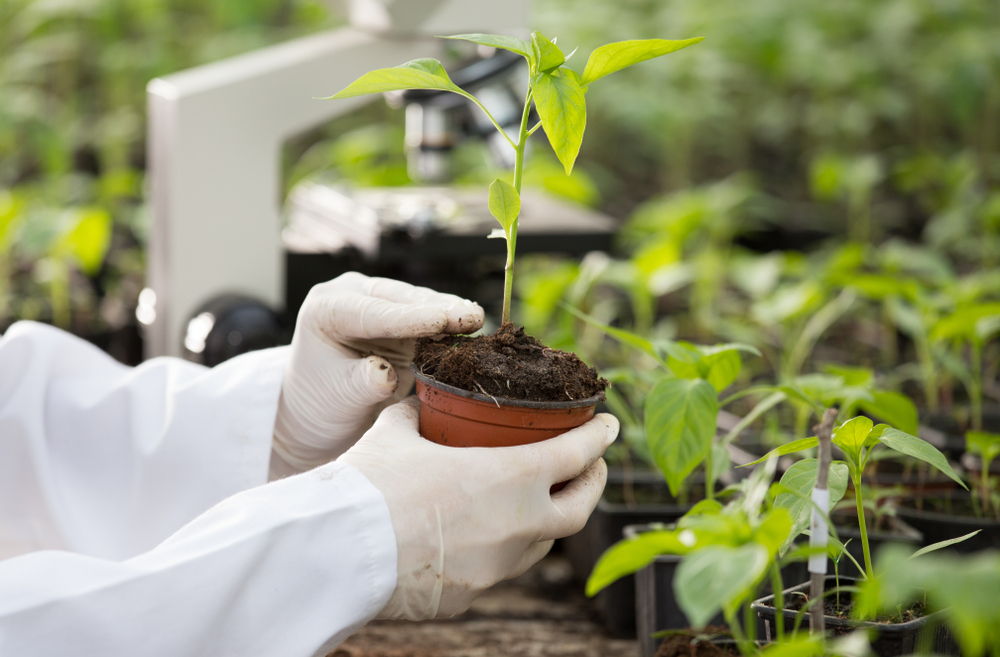The neo-Luddites from organizations like Greenpeace and the Organic Consumers Association are probably dancing in the fields — the organic fields — after a tiny county in northern California yesterday caved to their pressure and banned the production of genetically enhanced crops. Despite this tactical victory for the technophobes, and similar initiatives in other California counties, the more significant story is a pair of recent studies reiterating (once again) the safety and benefits of biotech crops. Thankfully, positive reports like these have not fallen on deaf ears in developing nations, where genetically enhanced crops have the greatest potential.
A recent report by the National Research Council (NRC), a division of the National Academy of Sciences, concludes that genetic engineering is “not an inherently hazardous process.” Instead, it calls the fears of anti-biotech technophobes “scientifically unjustified.” The NRC’s study actually reiterates its Target = _blank>original findings from 1987: “No conceptual distinction exists between genetic modification of plants and microorganisms by classical methods or by molecular methods that modify DNA and transfer genes.”
A second study by the UK-based Institute for Food Science and Technology found that “Genetic modification (GM) has the potential to offer very significant improvements in the quantity, quality and acceptability of the world’s food supply.” Commenting on the study, one professor noted that “with 30,000 people dying from diet deficiency diseases every day, foods of the future will not be solved without GM.”
Of course, these latest reports are hardly the first scientific studies from respected institutions to endorse biotech crops. The balance of evidence is so overwhelming that the European Union deemed GM foods “safer than conventional plants and foods.”
Happily, some leaders of developing countries are beginning to listen to scientists rather than doomsday prophets. In just the last month, three countries — Kenya, South Africa, and Argentina — all announced new initiatives to cultivate biotech crops. “We must embrace and apply modern science and technology in farming,” argues Kenyan president Mwai Kibaki, whose country faces an impending famine. “Indeed, there is evidence that countries that have embraced modern agricultural technologies have improved economic performance, reduced poverty, and ensured food security for their people,” Kibaki noted.
Other nations, unfortunately, have fallen prey to the technophobes. Angola, Uganda, Zambia, and many other African countries have instituted bans on biotech food, even in the face of widespread hunger. A recent Washington Times editorial laments:
Greens and others of like mind repeatedly raised phantom fears about the safety of genetically-engineered (GE) foods, even when it meant pulling food from the mouths of malnourished babes … Even though nearly half of Angola’s children are malnourished, earlier this year its government banned imports of GE foods, which stopped a shipment of 19,000 tons of U.S. corn from arriving.




